Maybe you work as the manager of a local credit union that issues credit cards to members or provides overdraft protection in the form of a line of credit. Perhaps you are a plumber who recently finished work on a residential property but never got paid for that work.
There are countless reasons why an Ohio business might have debts owed by people who don’t seem to want to pay. Those debts can hurt your company’s profit margins or operational budget if you don’t collect on them in a timely manner.
Unfortunately, many debtors want to avoid their financial responsibilities. Some people will go so far as to change their phone numbers or even return invoices unopened to your company in the hopes of avoiding financial responsibility. How can you collect on a debt when the person who owes the money doesn’t want to pay?
You can sell the debt to an outside company
Hiring collection agents is expensive and exposes your company to risk if they violate debt collection laws. Some businesses would rather receive a portion of the money owed and get rid of the frustrating unpaid debt instead of trying to collect on the debt.
You can potentially sell collectible debts to third parties either on an individual basis or in a group. Typically, you will only receive a small percentage of the total amount owed, and the company that buys the debt will then pursue collections in full if possible. This approach can help in some cases but can mean taking a financial loss on the full amount that the company should have received.
You can take them to civil court
Provided that you have proof that the other party owes you money, you can compel payment by securing a judgment in civil court. Judges review your case and may rule in your favor, giving you more options for collecting on the debt.
The judgment could lead to a lien against personal property, like the home where you did the work. Debt-related judgments can also allow you to garnish someone’s wages if they won’t pay voluntarily.
Learning some of the more common solutions for business debt collections can help you deal with someone who doesn’t want to make good on their financial responsibility.

